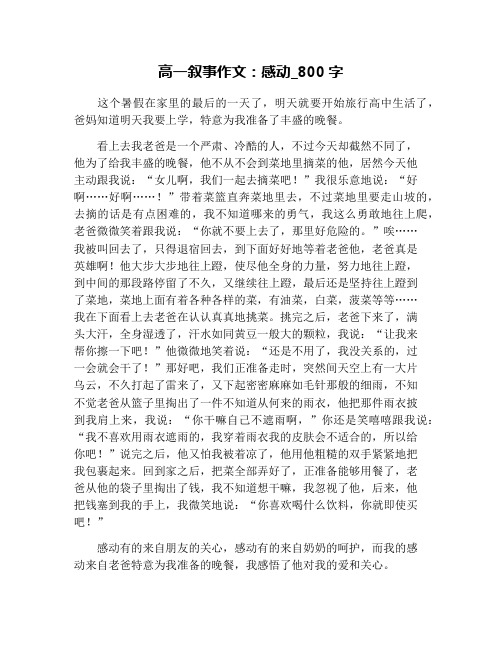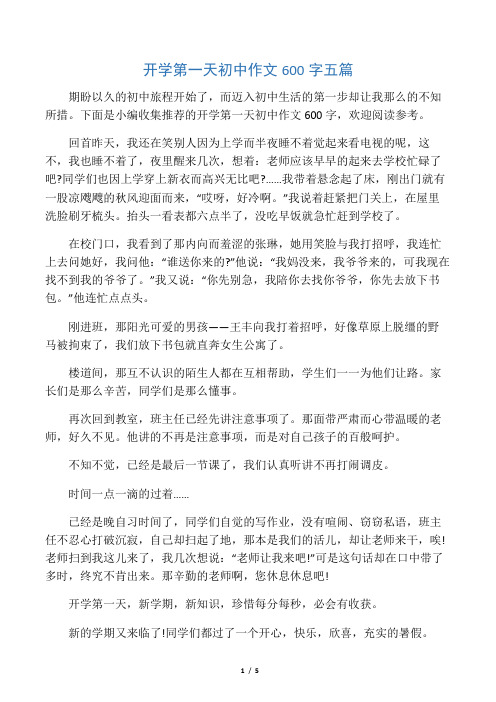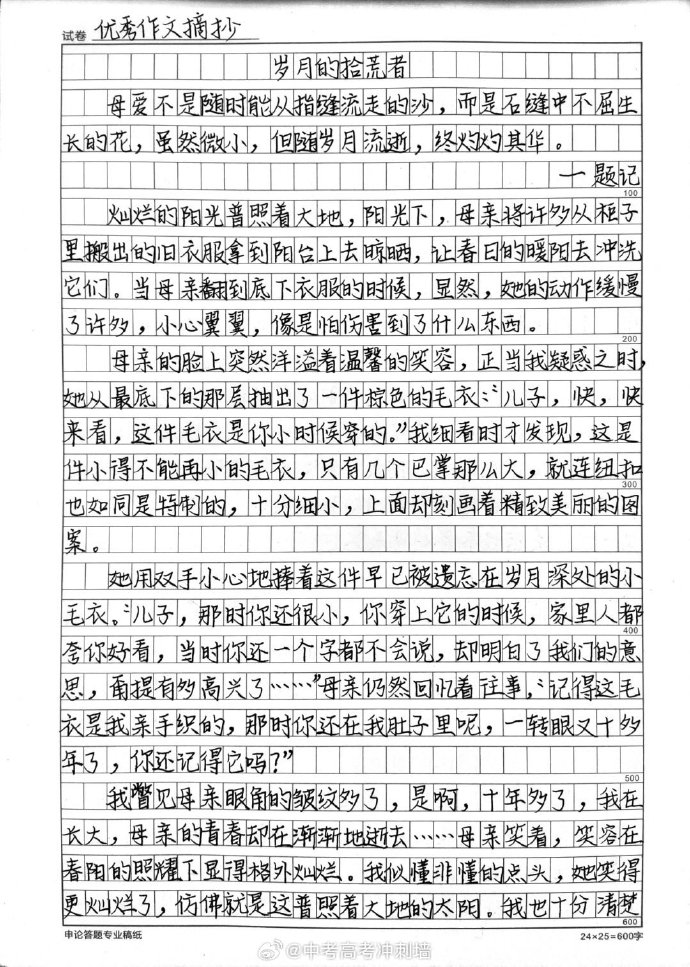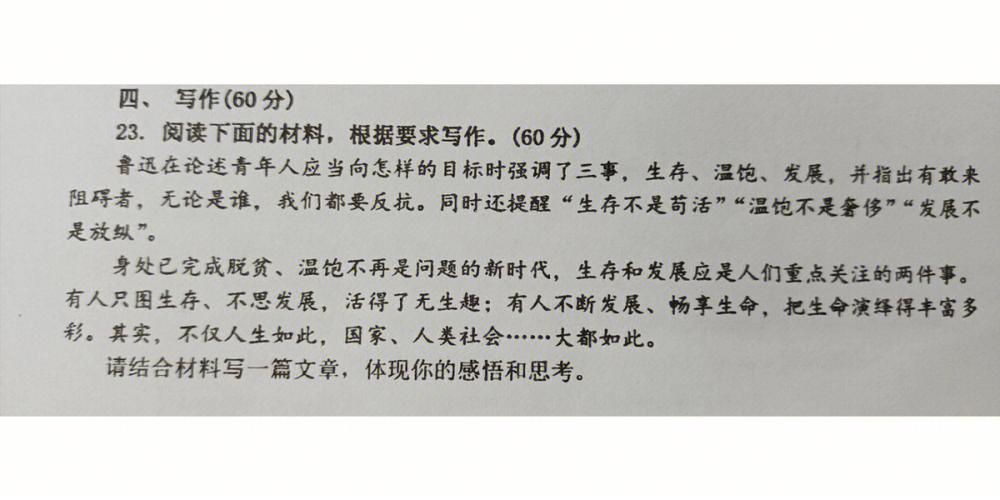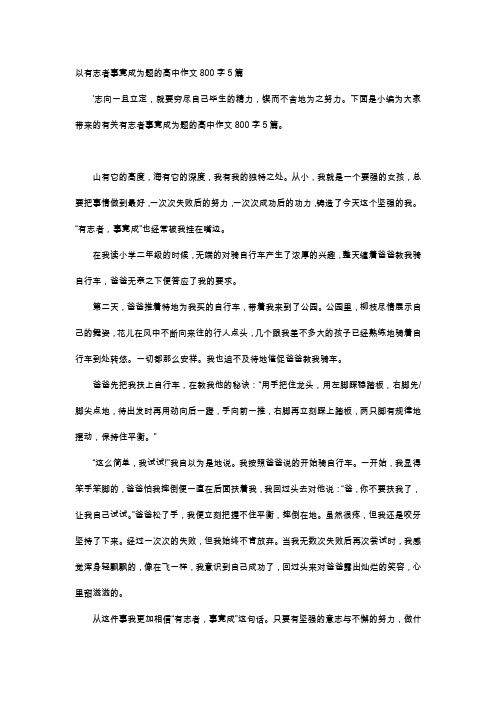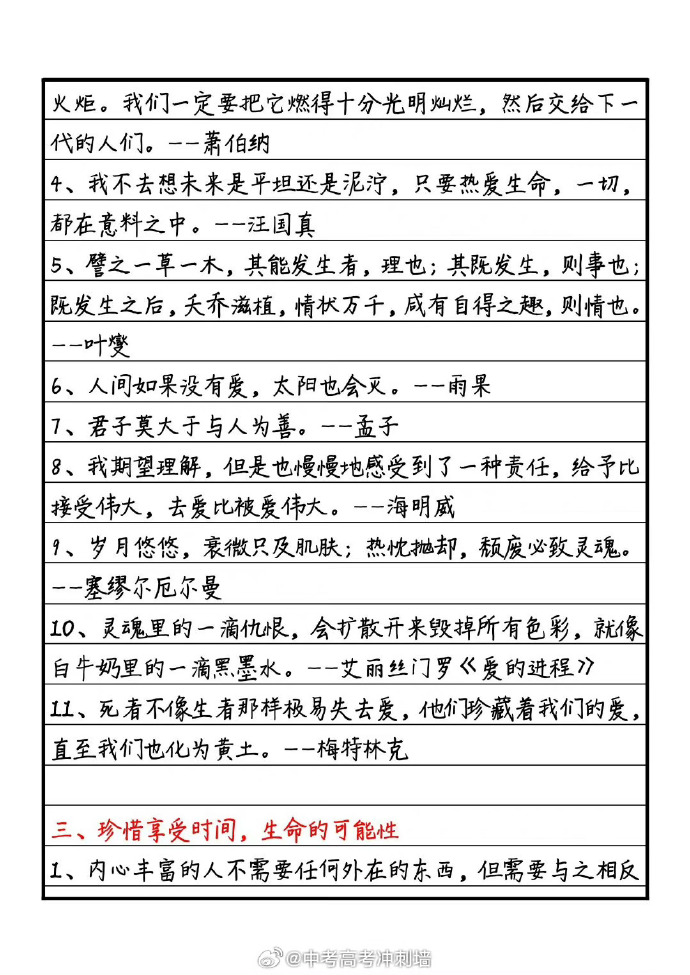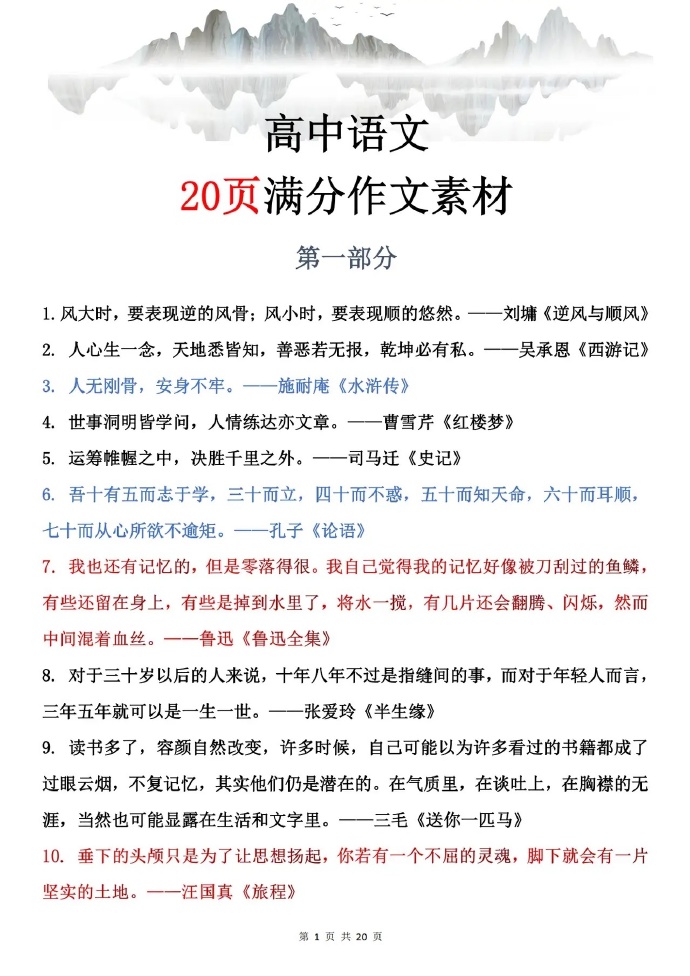介绍国家的英语作文(English essay on introducing a country)
推荐阅读》
Title: A Brief Introduction to China
Introduction: China is the world's most populous and largest country, located in Eastern Asia. It has a long and rich history, with a civilization that spans over 5,000 years. As one of the most influential nations on the global stage, China has played a crucial role in shaping the world's political and economic landscape. In this essay, we will delve into the key aspects of China, highlighting its unique features and contributions to the world community.1.Cultural Diversity China is renowned for its cultural diversity, which is reflected in its diverse languages, traditions, and customs. The country is home to numerous ethnic groups, including the Han Chinese, Manchu, Tibetan, Uighur, and more, each with their own distinct cultures and traditions. This rich tapestry of cultures has contributed significantly to the development of China's arts and literature, as well as its cuisine and architecture. For example, the art of calligraphy, which originated in the Tang Dynasty (618-907), is still practiced today, while the traditional tea ceremony, dating back centuries, showcases the importance of harmony and balance in Chinese culture.
2.Historical Significance China boasts a storied past, marked by significant historical events that have shaped its present-day identity. From the Qin Shi Huang's conquest of the Western Xia Dynasty (210-207 BCE) to the fall of the Ming dynasty (1644-1912), China has experienced a myriad of dynasties, emperors, and wars. These events have left an indelible mark on Chinese history, shaping the nation's values, beliefs, and way of life. For instance, the Great Wall of China, built during various dynasties to protect against invasions from northern nomadic tribes, symbolizes China's resilience and determination. Additionally, the invention of papermaking in China in the 9th century AD revolutionized writing and communication, paving the way for the rise of the literary and scholarly traditions that continue to this day.
3.Economy and Development The Chinese economy is a remarkable example of economic growth and innovation, with China becoming one of the world's leading economies in recent years. China's manufacturing sector, known for its production of high-tech products such as smartphones, electric cars, and semiconductors, has been a major force in global trade and industry. However, China also places great emphasis on sustainable development and environmental protection, implementing policies such as the Belt and Road Initiative to promote economic cooperation and development among countries along its route. Furthermore, China's government has made efforts to improve its infrastructure, including high-speed rail networks, port facilities, and airports, making it easier for people to move across the country and around the world.
4.Education and Innovation Education plays a critical role in China's development, as it is recognized as a cornerstone of societal progress. China has invested heavily in education, aiming to provide equal opportunities to all its citizens regardless of their background or socioeconomic status. The country's universities are renowned for their rigorous academic programs and innovative research, producing a wide range of skilled professionals who contribute to the country's economic and technological advancements. Additionally, China's education system emphasizes moral values such as respect for authority, discipline, and hard work, instilling a strong sense of social responsibility and national pride among its students.
5.Geopolitical Impact China's influence on the global stage cannot be understated. The country's vast territory and growing population make it one of the most important players on the international scene. China has emerged as a leader in technology, finance, and energy, with its companies and products playing a significant role in global markets. Its foreign policy has also been a subject of debate and discussion, particularly regarding its engagement with other countries and its approach to international relations. Despite these challenges, China's geopolitical influence continues to grow, with many countries seeking to align themselves with Beijing's interests and policies.
6.Challenges and Future Prospects Despite its impressive achievements, China faces several challenges that require attention. Environmental pollution, income inequality, and political corruption remain significant concerns in the country, hindering both economic growth and social stability. Additionally, China must navigate complex geopolitical issues, balancing its relationships with neighboring countries and addressing concerns related to human rights and labor standards. Nevertheless, China's future prospects appear bright, with its economy expected to continue expanding, innovation thriving, and its role on the global stage set to grow even further. As China continues to evolve, it remains an essential player in shaping global affairs and shaping the future of human civilization. Conclusion: In conclusion, China is a remarkable nation with a rich heritage, diverse culture, and dynamic economy. Its history, culture, and development are intertwined in a tapestry that reflects its unique blend of tradition and progress. Whether exploring China's cultural diversity, historical significance, or its economic and educational achievements, there can be no denying the profound impact China has had on the world. While facing challenges, China continues to face new opportunities for growth and innovation, positioning itself as a global leader in many fields. As China navigates its path towards the future, we can look forward to seeing continued development and prosperity for this extraordinary nation.
本文系作者个人观点,不代表本站立场,转载请注明出处!


